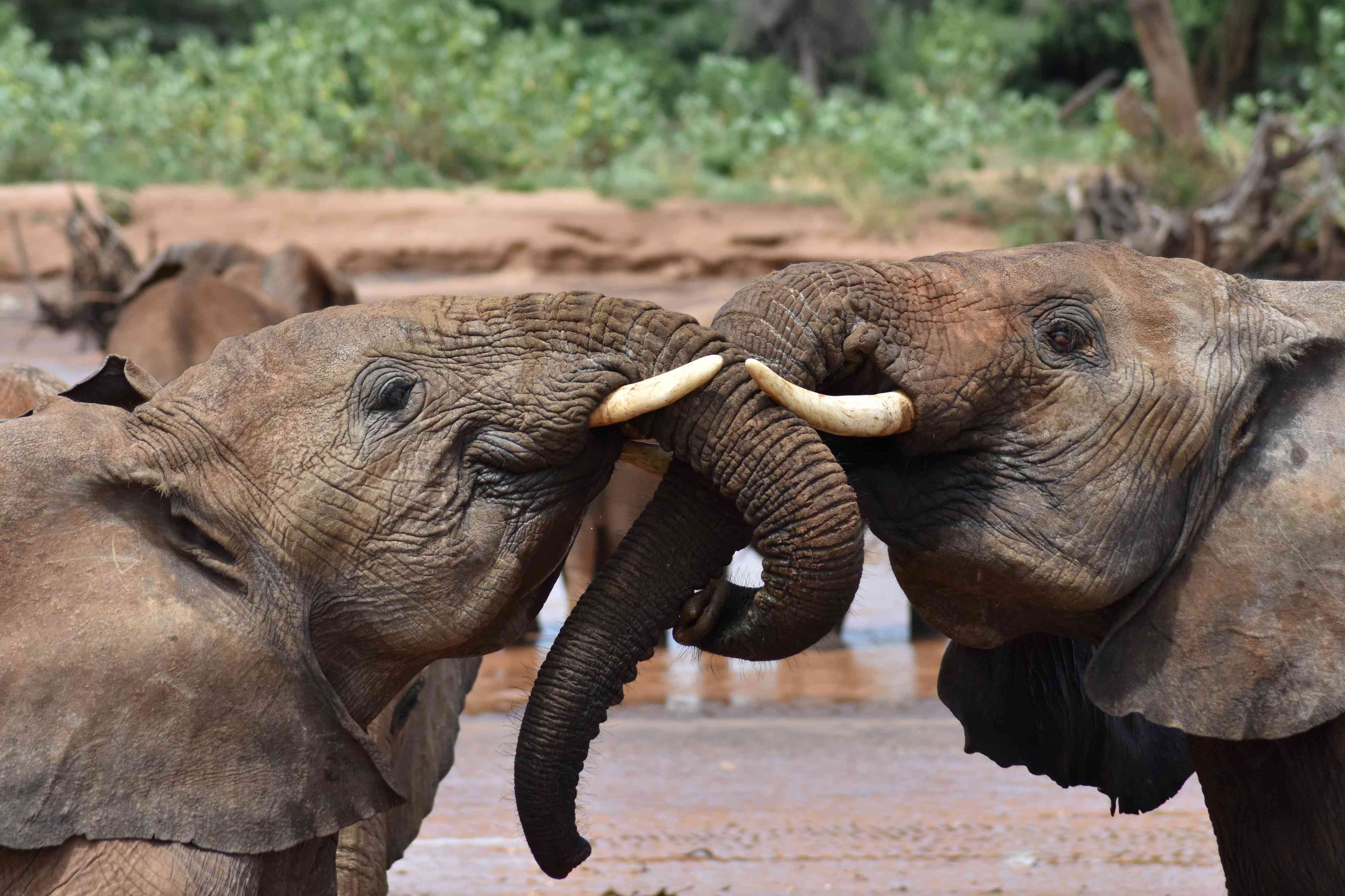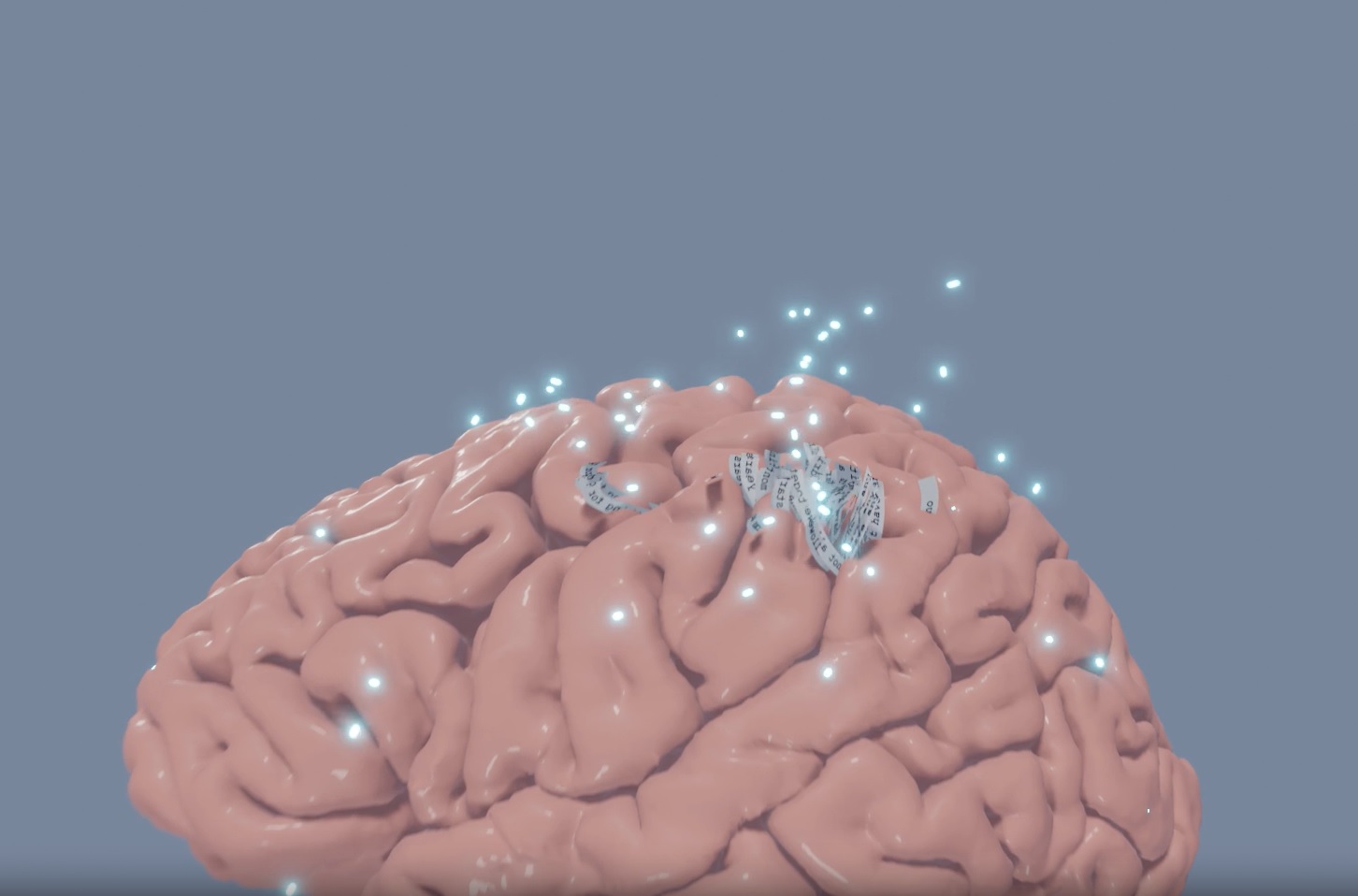Multilingualism protects against accelerated aging, according to a mega-study in 27 European countries
An international team, including Spanish researchers, has analyzed data from more than 86,000 people aged 51 to 90 from 27 European countries and concluded that multilingualism—the habit of speaking more than one language—is associated with a reduced risk of accelerated aging. According to the authors, who published their findings in the journal Nature Aging, “these findings could inform educational and public health policies aimed at promoting cognitive resilience and functional capacity in older populations.”









